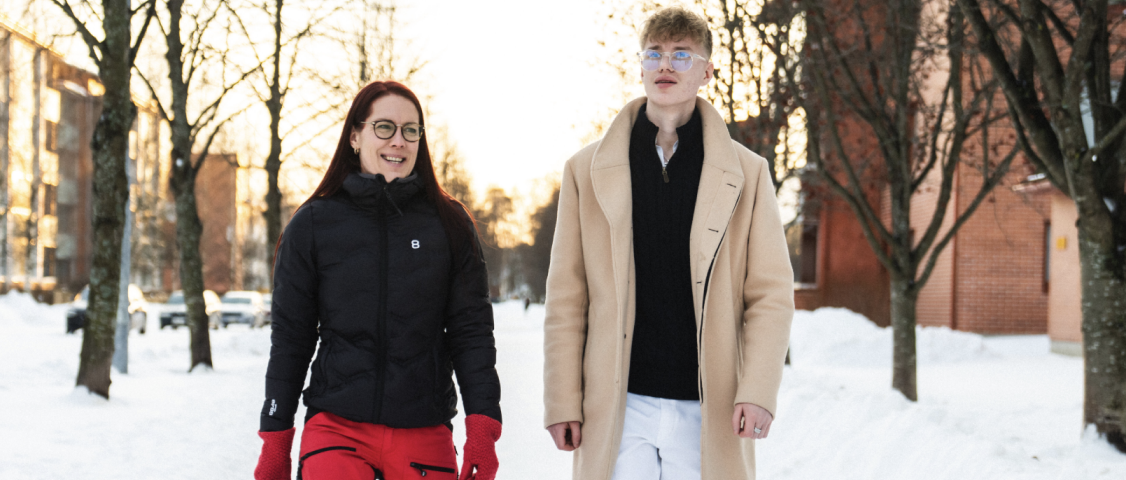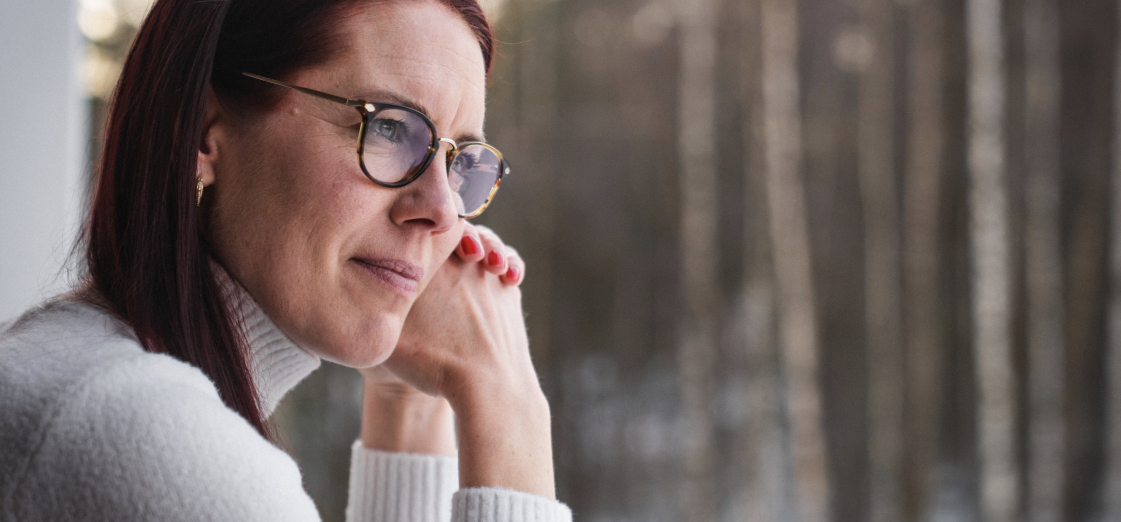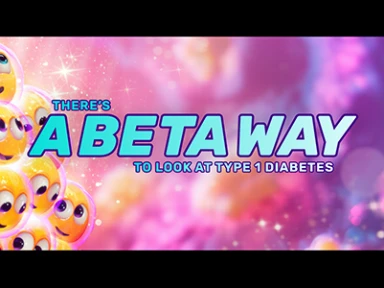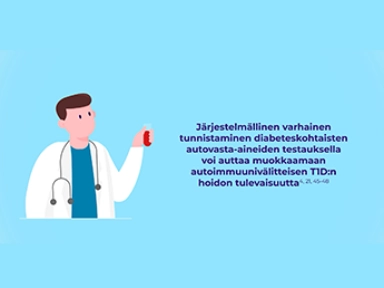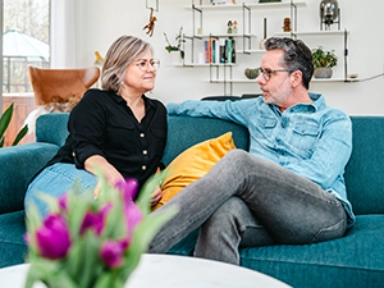Future Plans Changed in an Instant – Life with Diabetes
When Kris from Oulu heard two years ago that her 16-year-old son Allan had been diagnosed with type 1 diabetes, her world stopped for a moment. Allan, who lives in Rovaniemi with his father, had been symptomatic for a while, but the family hadn't connected the symptoms to a serious illness. The diagnosis was a shock that permanently changed the family's daily life – and Allan's future dream.
When Symptoms Begin
Allan's symptoms appeared gradually. His father noticed that the boy drank more than usual but didn't pay much attention to it at first. The situation escalated one day when Allan was bowling with his father. The boy drank constantly and showed little interest in eating. After bowling and eating, Allan headed to the swimming pool but seemed increasingly tired and exhausted. Finally, in the sauna, his father noticed that the boy had lost so much weight that his ribs were visible.
His father booked an appointment with the school nurse for the next day. Allan's blood glucose level was measured at a staggering 22. He was taken by ambulance directly to the intensive care unit, Kris recounts.
Allan spent a total of a week in the hospital, the first 24 hours of which he was in intensive care. At that time, Kris lived in Oulu and was on a nursing internship. She felt guilty and conflicted about not being by her son's side immediately after the diagnosis, but she couldn't skip her internship.
My friends and sister supported me. Eventually, my sister sent a message asking if the internship was really more important than being by my son's side. I realized I had to go to Rovaniemi, and so I did.
Dreams Crushed and New Directions
Allan was a teenager when he received the diagnosis, which made the situation even more challenging. One of his biggest dreams was a career in the military – but that dream was immediately shattered, as type 1 diabetes excludes the possibility of serving as a soldier.
It was a hard blow for Allan. He has cried to his father and me about not being able to pursue his dream. He felt like a failure, Kris describes.
Although the disappointment was great, Allan has gradually started to find new career directions. He is graduating from high school this spring and is considering studying economics.
Allan's siblings supported him a lot. A few weeks after the diagnosis, everyone gathered at our place and supported their brother. I saw that their empathy and support meant a lot to Allan, Kris says.
From her friends, Kris didn't always receive the same understanding. Diabetes has caused situations where friends have treated the illness dismissively. Comments like "It's just insulin injections" have hurt Kris.
Diabetes is not just insulin and injections. It is constant carbohydrate counting, estimating insulin doses, and complex balancing with blood glucose levels, Kris explains. It can also significantly affect future plans, as in Allan's case.
A Mother's Worry – and Responsibility from Afar
Allan lives in Rovaniemi with his father during the week, but Kris constantly monitors her son's condition from afar using a sensor. Diabetes hasn't given her peace at night, as Kris often stays up monitoring Allan's blood glucose levels.
At night, sugars often drop. Sometimes I stay up until the levels rise or Allan wakes up to eat. Once he was so tired and groggy that he tried to eat firewood from the dining table at night. This shows how confused a person can be when blood glucose levels are low, she says.
I'm scared of how he will manage alone. Diabetes requires responsibility and constant monitoring, and as a mother, I want to know that he is safe.
Shock and Learning
Although Kris was studying nursing at the time of the diagnosis and knew more about diabetes than many others, the knowledge didn't prepare her for the emotional impact of the situation. The shock was great.
There has never been type 1 diabetes in our families before. We have large families on both sides, but diabetes came as a complete surprise. We couldn't connect the symptoms to it.
Kris also wonders if screening could have changed anything. When her first child was born, she was asked if she wanted to participate in screening, but she declined. After Allan's diagnosis, she still doesn't feel that screening would have been the right solution.
I would have been constantly worried if I had known there was a risk. I don't believe screening would have lessened the shock of receiving the diagnosis. Now my other children are already adults, and I don't know if they have participated in screening.
Openness and Peer Support Help
Kris emphasizes the importance of talking openly about the diagnosis. She has found that sharing feelings and experiences with loved ones helps in dealing with difficult situations.
The diagnosis evokes many emotions, such as fear, sadness, and even anger. It's important to find space for those feelings. Support can also be found on peer support websites and from other families living with diabetes. Knowledge and experience help to better understand how everything affects diabetes and blood sugars. For me, knowledge helps in dealing with the situation.
Kris wants to share this message with other parents who may feel despair after their child's diagnosis. She reminds that life with diabetes requires adaptation, but it is possible to learn to live with it.
Despite diabetes, you can find new dreams and build a good life. The most important thing is openness, acquiring knowledge, and the support of loved ones. It makes everything a little easier.



